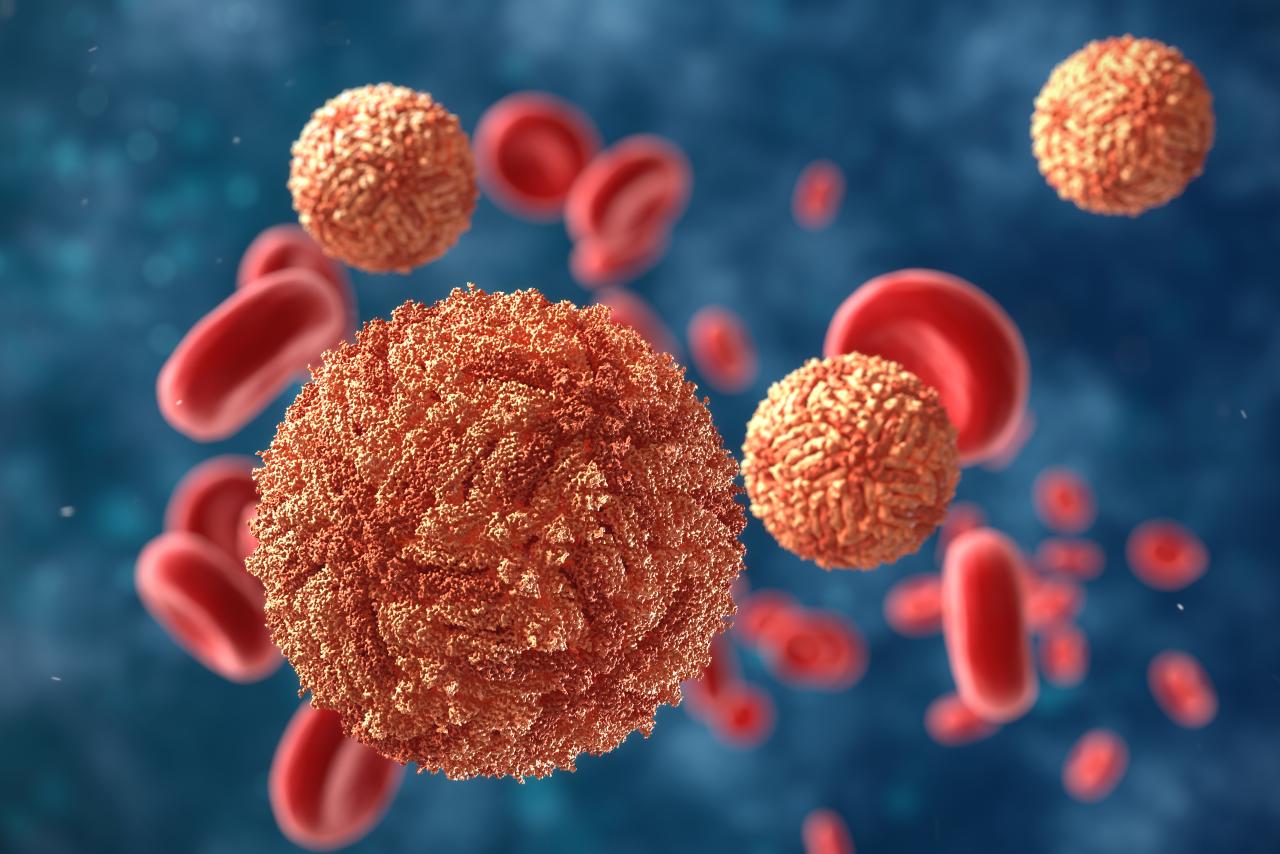Resource
Zika virus

Zika virus is closely related to the dengue, yellow fever and West Nile viruses. It causes a mild influenza-like illness and is transmitted by the Aedes mosquitoes that bite mostly during the day, but also at night. Human to human transmission through sexual contact and during pregnancy when the disease can be transmitted from mother to unborn child, has been reported.
How do I avoid it?
There is no vaccine or medication to prevent Zika. Travellers should protect themselves during the day with mosquito repellent, long sleeves, and pants. DEET repellents are safe for pregnant women to use. Aedes mosquitoes tend to be most active 2-3 hours after dawn and mid to late afternoon but if the day is overcast they may bite all day and even indoors. Travellers should be sleeping in screened or air conditioned rooms at night or under a mosquito net.
History and distribution
The Zika virus was first detected in the Zika forest in Uganda in 1947. Major outbreaks were reported in 2007 in Micronesia and 2013 in French Polynesia. The virus caused epidemics in Central and South America in 2015-2017. Since May 2021, the risk of Zika worldwide has dramatically dropped but may resurface at any time.
Symptoms
Fever, headaches, muscle and joint pains, fatigue, red eyes and skin rash. Sometimes there is also abdominal pain, diarrhea and vomiting. The symptoms occur for a few days up to 12 days after infection and last about a week. Usually, they are mild and disappear on their own. There is no specific treatment for Zika.
Pregnant travellers
In October 2015, the Brazilian Health Authorities noted an increase in the number of newborns with microcephaly (reduced head size) and other fetal abnormalities after the mother had Zika-like symptoms during her pregnancy. Further investigation has proven that Zika virus infection during pregnancy causes microcephaly and other symptoms of congenital Zika syndrome.
Pregnant women and women trying to get pregnant during their travels or immediately afterwards should consider avoiding travel to areas where a Zika outbreak is ongoing. Zika virus usually remains in the blood of an infected person for about a week. The virus will not cause infection in a baby that is conceived after the virus is cleared from the blood. Women who have travelled to a Zika-infected area should wait 2 months after returning before trying to conceive. Sexual transmission of Zika virus has been reported through vaginal, anal and oral sex. Men should wait 3 months after traveling to a Zika-infected area before having unprotected sex or trying to conceive.
Men who have been in Zika-infected areas should use a condom for the duration of pregnancy when their female partner is pregnant.
Complications of infection
There were increased rates of Guillain-Barre syndrome (GBS), an autoimmune complication characterized by muscle weakness, reported after previous outbreaks in French Polynesia. The estimated risk of GBS is 2 to 3 per 10,000 acute Zika infections. Most people recover from GBS.
Should I get tested?
Zika virus testing is not indicated for returning travellers unless the traveller was pregnant during or within one month of returning from travel to a Zika virus-affected area. Women who fall into this category should see their health-care provider to discuss testing.
Book an appointment at the VCH Travel Clinic
Book your appointment today by calling (604) 736-9244 or visit the VCH Travel Clinic page.

